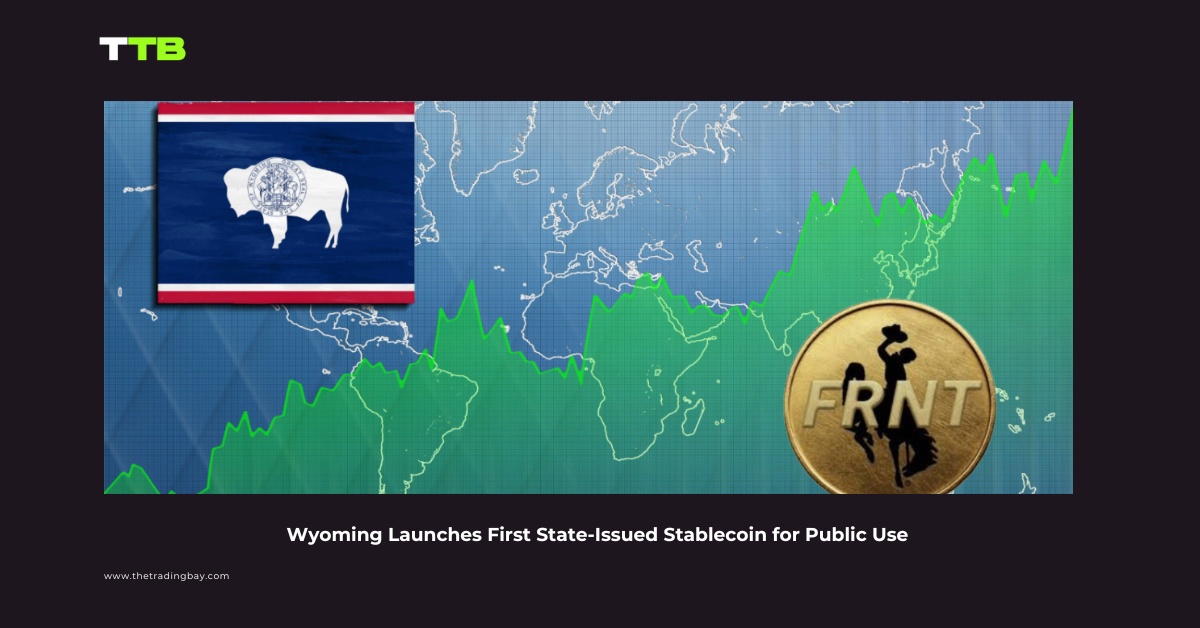The newly elected Colombian government is pulling the plugs on an earlier agreed partnership with Ripple Labs, according to which the blockchain technology company was set to put land titles on the blockchain. While the former administration championed the agreement, the newly installed Colombian government has stated it is deprioritizing the project.
The project agreed upon between Ripple Labs and the outgoing government was lauded as a significant milestone for Colombia to benefit from the dividends of blockchain technology. Although the deal by both parties was struck two weeks before the new government took office, it appears the project wouldn’t commence as agreed.
Colombian’s newly appointed director of the National Lands Agency, Juan Manuel Noruega Martinez, made it categorically clear that the proposed project isn’t part of the agency’s strategic goals for 2022.
According to Juan Manuel, the proposed project with Ripple Labs isn’t part of the projects outlined in the new government’s Strategic Plan for Information Technologies (PETI).
The decision has come to many analysts as a surprise, especially with the new president believed to be receptive toward cryptocurrencies, owing to his previous tweet about blockchain technology.
The partnership in focus
The earlier proposed partnership was agreed upon between three main parties: the country’s National Land Agency, Ripple Labs, and a leading software development company in the country, Peersyst Technology. The project aimed to tokenize real estate in the blockchain and make property searches less cumbersome. More so, the government believed the partnership would create transparent and cheaper property titles while making the payment process a breeze.
While the peace agreement signed in 2016 signaled the end of the Colombian conflict, land titles are still not easy to formalize, especially for small and medium rural properties. Hence, the partnership with Ripple Labs was considered a step in the right direction for making property titles easily accessible to interested parties.
As the new government has now reneged on the move, much to the disappointment of parties involved, it remains to be seen what happens in the coming months.












